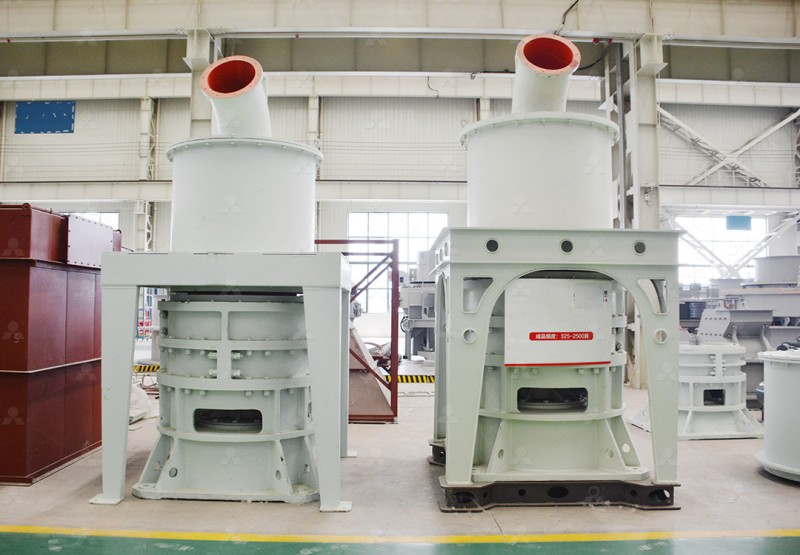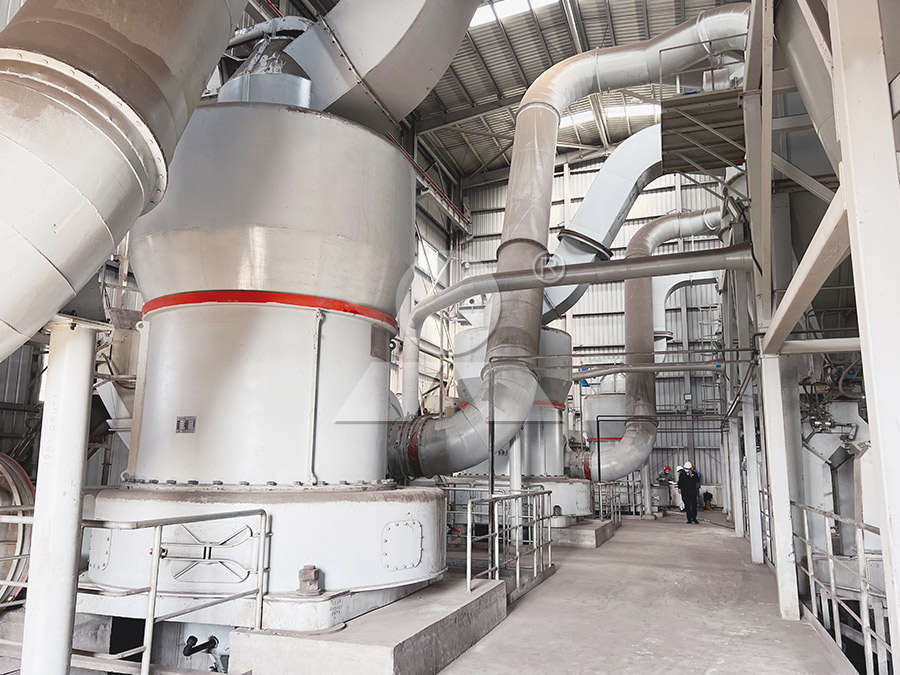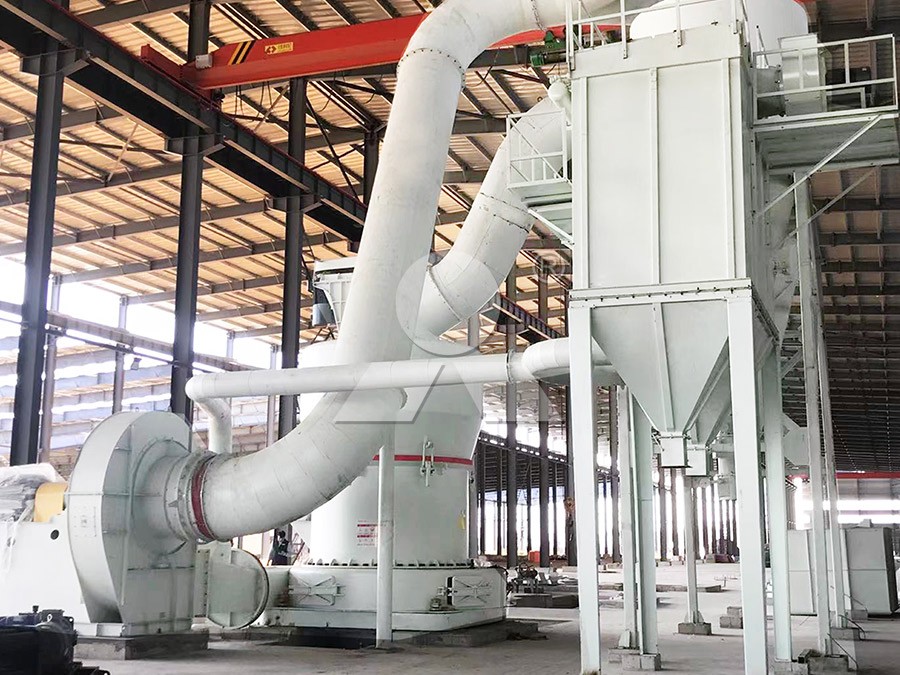How Much Does a Bentonite Grinding Mill Machine Cost?
We provide a wide range of mills — including Raymond mill, trapezoidal mill, vertical mill, ultrafine mill, and ball mill, obtained ISO9001 international quality certification, EU CE certification, and Customs Union CU-TR certification. Suitable for processing minerals such as limestone, phosphate, quicklime, kaolin, talc, barite, bentonite, calcium carbonate, dolomite, coal, gypsum, clay, carbon black, slag, cement raw materials, cement clinker, and more.
The discharge range of these mills can be adjusted to meet specific processing needs, typically from 80-400 mesh, 600-3250 mesh, and can achieve the finest particle size of up to 6000 mesh(D50).
If you are looking for a reliable grinding solution to turn stone or minerals into fine powder, please feel free to contact our online customer service.
How Much Does a Bentonite Grinding Mill Machine Cost?
As an industrial equipment specialist with over 15 years of experience, I’ve found this to be one of the most common yet complex questions from clients. The truth is, there’s no single price tag that applies to all bentonite grinding operations. The cost varies dramatically based on your specific production requirements, desired fineness, and operational preferences.
Bentonite, with its unique swelling properties and diverse industrial applications, demands specialized grinding equipment that can handle its specific characteristics without compromising product quality. Through my work with numerous mining operations, I’ve seen how proper equipment selection can make or break a bentonite processing facility.
Key Factors Influencing Grinding Mill Pricing
When evaluating bentonite grinding mill costs, several critical factors come into play. The machine’s capacity requirements typically drive the initial investment most significantly. Are you processing 5 tons per hour or 50? This single factor can create a price difference of hundreds of thousands of dollars.
The required fineness of your final product represents another major cost determinant. Standard 200-mesh applications require different technology than ultra-fine 2500-mesh production. Higher precision grinding systems with advanced classification technology naturally command premium pricing.
Energy consumption represents the hidden cost that many operators overlook initially. I’ve witnessed operations where the electricity costs over three years exceeded the initial equipment investment. Modern, energy-efficient designs might carry higher upfront costs but deliver substantial long-term savings.

Recommended Solutions for Bentonite Processing
Based on our extensive field testing with bentonite applications, we’ve identified several standout performers in our product line. The MW Ultrafine Grinding Mill has proven particularly effective for operations requiring high-precision bentonite powders. With its adjustable fineness between 325-2500 meshes and capacity ranging from 0.5 to 25 tph, it accommodates various production scales while maintaining consistent quality.
What makes the MW series exceptional for bentonite is its innovative design that eliminates rolling bearings and screws in the grinding chamber. This addresses the common challenge of bentonite’s abrasive nature damaging critical components. The external lubrication system enables continuous 24-hour operation – a significant advantage for operations targeting maximum uptime.
For operations prioritizing energy efficiency, our LUM Ultrafine Vertical Grinding Mill offers compelling advantages. Its multi-head powder separating technology reduces energy consumption by 30%-50% compared to conventional mills while maintaining precise particle size control. The reversible structure simplifies maintenance, allowing quick access to grinding components without extensive disassembly.
Beyond the Initial Purchase Price
Smart buyers look beyond the initial equipment cost. Consider the total cost of ownership, which includes installation, maintenance, energy consumption, and spare parts availability. Our clients frequently report that our digitalized processing and precision manufacturing translate to lower long-term operating costs despite potentially higher initial investments.
The environmental compliance features also impact your bottom line. Modern mills with efficient pulse dust collectors and noise reduction technology help avoid regulatory fines and community relations issues. The MW Ultrafine Grinding Mill’s eco-friendly design, for instance, includes integrated dust removal that keeps operations clean and compliant.

Making the Right Investment Decision
When consulting with clients, I emphasize the importance of matching the equipment to their specific bentonite characteristics and business objectives. A mill that’s perfect for coating-grade bentonite might be overkill for foundry applications. That’s why we offer comprehensive technical support to help select the optimal solution.
Remember that the most expensive mill isn’t necessarily the best for your operation, nor is the cheapest option likely to deliver the lowest total cost. The right balance of performance, efficiency, and reliability typically yields the best return on investment.
Frequently Asked Questions
What’s the typical price range for a bentonite grinding mill?
Prices range from $50,000 for basic Raymond mills to over $500,000 for high-capacity ultra-fine grinding systems. The MW Ultrafine Grinding Mill typically falls in the $150,000-$300,000 range depending on configuration and capacity requirements.
How does bentonite’s moisture content affect grinding mill selection?
High moisture bentonite requires mills with integrated drying capabilities. Both our MW and LUM series can be configured with heating systems to handle materials with elevated moisture content without preprocessing.
What maintenance costs should I anticipate?
Well-designed modern mills like our MW series require minimal maintenance thanks to features like external lubrication and no internal screws or rolling bearings. Typical annual maintenance costs range from 2-5% of the initial equipment investment.
How long does installation and commissioning take?
Most grinding mill systems require 2-4 weeks for installation and commissioning, though this varies based on site conditions and system complexity. Our team provides comprehensive support throughout this process.
Can the same mill process different grades of bentonite?
Yes, modern mills with adjustable parameters can handle various bentonite grades. The MW Ultrafine Grinding Mill’s cage-type powder selector allows quick adjustment between different fineness requirements from 325 to 2500 meshes.

